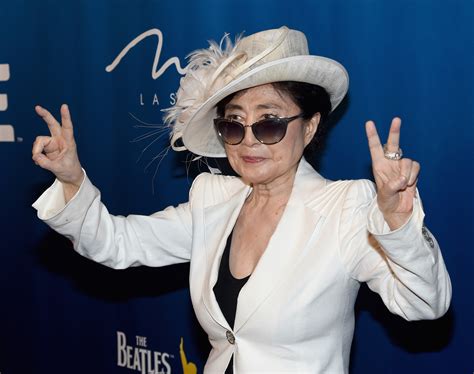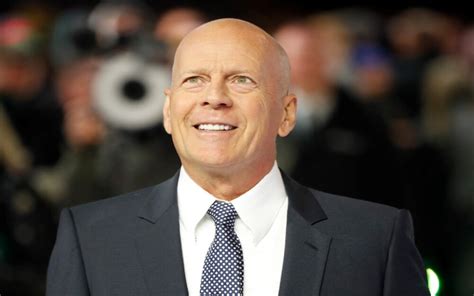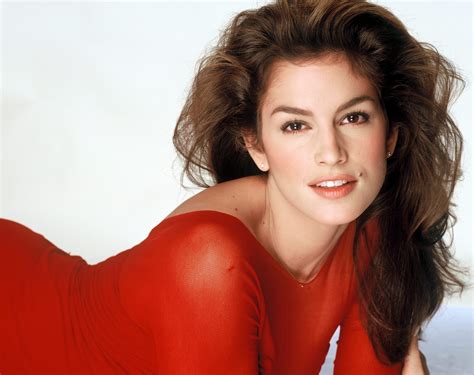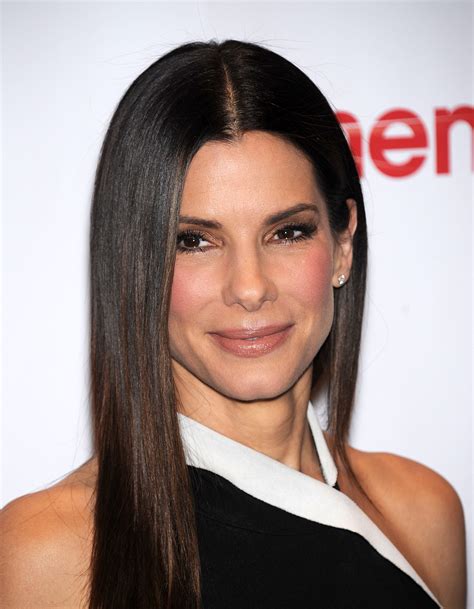Explore Yoko Ono’s early life, collaborations with John Lennon, and impact on the feminist movement. Learn about her artistic influences and legacy.
Early Life and Background
Contents
Yoko Ono was born on February 18, 1933, in Tokyo, Japan. She was the eldest of three children in the Ono family, and her early years were marked by both privilege and tragedy. Yoko’s father, Eisuke Ono, was a successful banker who provided the family with a comfortable lifestyle. However, Yoko’s parents divorced when she was just 11 years old, and this separation had a profound impact on her.
Despite the turmoil in her family, Yoko’s early life was also marked by a deep love of the arts. She showed an early talent for music and enrolled in classical piano lessons as a child. She also developed a passion for poetry and began writing her own verses at a young age. This creative spirit would play a crucial role in shaping her future as an artist and activist.
Yoko’s early life was also deeply influenced by the political climate of Japan during the 1930s and 1940s. As the country slid into militarism and war, Yoko’s family faced increasing hardship and deprivation. These difficult circumstances would later inform the themes of peace and activism that would come to define much of Yoko’s work.
Ultimately, Yoko Ono’s early life and background laid the foundation for the bold and boundary-pushing artistic vision that she would bring to the world stage. From her formative years in Japan to the upheaval of her parents’ divorce, Yoko’s experiences shaped her into the influential and innovative artist she would become.
Artistic Influences and Inspiration
Yoko Ono has been a controversial figure in the art world, pushing the boundaries of traditional art and redefining the concept of creativity. Her artistic influences and inspiration can be traced back to her childhood in Japan, where she was exposed to the rich tradition of Zen Buddhism and avant-garde art. This early exposure to non-conventional forms of expression planted the seeds for her unconventional approach to art later in life.
Throughout her career, Ono has drawn inspiration from a diverse range of sources, including her own personal experiences, literature, music, and political activism. Her work often reflects her deep connection to nature and her belief in the power of art to bring about social and political change. This unique blend of influences has helped her develop a distinct artistic voice that challenges conventional norms and provokes thought.
One of the most significant influences on Ono’s art was her collaboration with John Lennon, whom she married in 1969. Their artistic partnership allowed them to channel their shared vision of peace and love into powerful pieces that transcended traditional boundaries. Lennon’s influence on Ono’s work can be seen in her exploration of performance art, experimental music, and conceptual art, as well as her continued focus on themes of love and peace.
Ono’s impact on the feminist movement has also been a major source of inspiration for her work. As a prominent female artist, Ono has used her platform to advocate for gender equality and challenge entrenched patriarchal structures. Her art often addresses issues such as domestic violence, reproductive rights, and the objectification of women, making her a pioneer in using art as a vehicle for social change.
Collaborations with John Lennon
Yoko Ono’s collaborations with John Lennon were a dynamic and influential aspect of both of their careers. The creative partnership between Ono and Lennon began in the late 1960s and continued until Lennon’s untimely death in 1980. Their collaborative efforts extended across multiple artistic mediums, including music, visual art, and performance art, and had a lasting impact on the realm of contemporary art and music.
One of the most well-known collaborations between Ono and Lennon was their joint musical work. They released several albums together, including the experimental and avant-garde Unfinished Music series, which challenged traditional notions of song structure and instrumentation. The couple also famously collaborated on the song Imagine, which has become an enduring anthem of peace and love.
In addition to their musical collaborations, Ono and Lennon also worked together on a number of visual art and performance art projects. Their conceptual art pieces, such as the Bed-in for Peace and the War Is Over! (If You Want It) campaigns, aimed to promote social and political activism through artistic expression. These projects demonstrated their shared commitment to using art as a tool for social change and activism.
Ono’s collaborations with Lennon were not only artistically significant but also played a crucial role in shaping the public perception of both artists. While their work together faced initial skepticism and controversy, it ultimately proved to be an influential force in the realms of art, music, and activism. Their boundary-breaking creative partnership continues to inspire artists and activists around the world to this day.
Impact on the Feminist Movement
Yoko Ono’s impact on the Feminist Movement cannot be overstated. As a prominent artist and activist, Yoko Ono used her platform to advocate for gender equality and women’s rights. She was a trailblazer in challenging traditional gender roles and stereotypes, and her work often addressed issues of gender inequality and discrimination. Ono’s art and music were groundbreaking in their exploration of feminist themes, and she was a vocal supporter of the feminist movement throughout her career.
Through her art and activism, Yoko Ono inspired countless women to stand up for their rights and demand equality. Her fearless approach to addressing social and political issues galvanized a new generation of feminists, and her influence continues to be felt today. Ono’s unapologetic embrace of her own identity and beliefs paved the way for other women to do the same, and she remains an iconic figure in the history of feminism.
Yoko Ono’s impact on the feminist movement was not limited to her artwork. She used her platform to speak out against sexism and misogyny, and she consistently advocated for the rights of women in all areas of society. Her activism and outspoken voice made her a powerful force for change, and she remains an inspiration to feminists around the world.
Artistic Legacy and Recognition
Yoko Ono’s artistic legacy is one that has significantly impacted the art world, particularly in the realm of conceptual and performance art. As a pioneer in her field, Ono’s avant-garde approach to art has paved the way for future generations of artists to explore new and unconventional mediums.
Throughout her career, Ono has been the recipient of numerous awards and accolades, solidifying her recognition as a groundbreaking artist. Her work has been exhibited in prestigious galleries and museums around the world, further cementing her status as a influential figure in the art community.
Ono’s artistic legacy also extends to her advocacy for peace and social justice, which is evident in her thought-provoking installations and public performances. Her unwavering commitment to using art as a means of promoting positive change has left a lasting impact on the art world and beyond.
Furthermore, Ono’s continued relevance and impact on contemporary art is a testament to her enduring legacy and the enduring relevance of her work. As artists continue to be inspired by her boundary-pushing approach, Ono’s legacy will undoubtedly remain a driving force in shaping the future of art.












